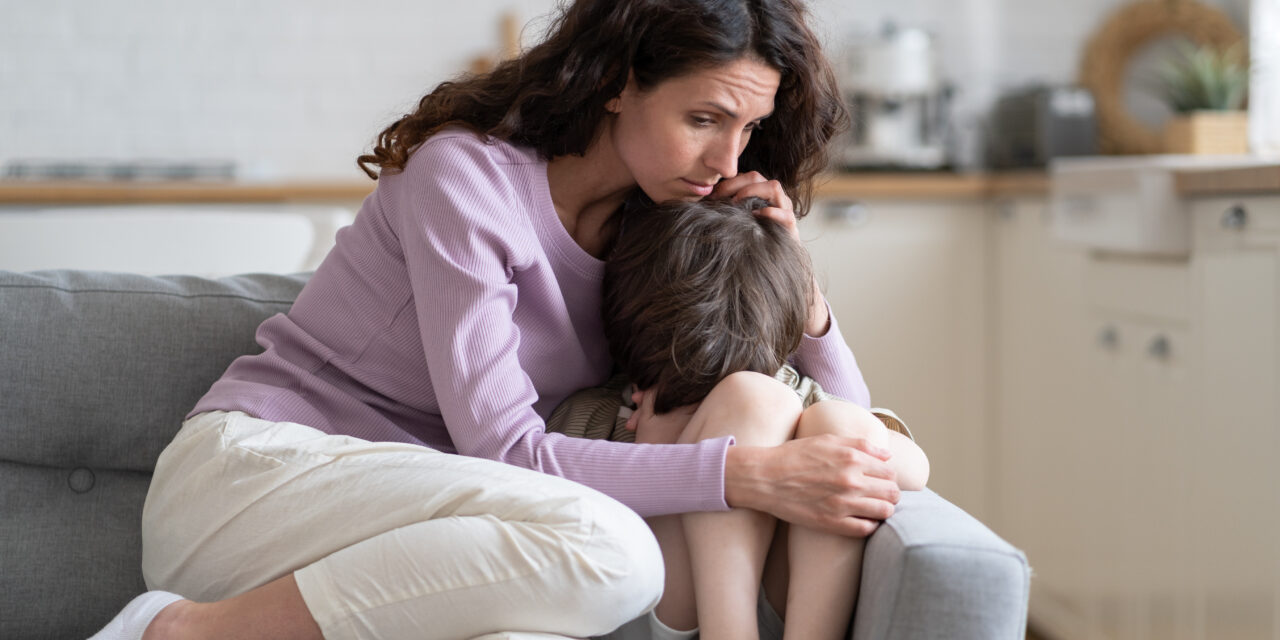My son is 6-years-old and is very well-behaved and pretty quiet. But lately, he’s become very emotional at being asked to do ANYTHING around the house. He started crying when I asked him to help me put dishes away yesterday, and last week he yelled at me for reminding him to hang his backpack up. This is new territory for me because he never really had tantrums as a toddler. What can I do to either avoid these outbursts or handle them when they happen?
Here is the thing about emotions that I wish every parent understood… it is okay for your child to experience and express their emotions. As a psychologist, I don’t tend to recommend ways that families can avoid outbursts. Instead, I support families to look beneath the behavior that they are seeing and work out what is underlying their child’s presentation. What is going on for your kid? What do you think has precipitated this overwhelm that you are noticing?
From your question, it sounds as though this is a shift in your son’s typical behavior or typical presentation. When parents notice a shift in their child, my first question is to determine whether the child has experienced any recent stressors or significant changes in the family or their life. At this age, I also get curious about school experience and the child’s cumulative experience of separation. What I mean by that is, what does a typical week look like for your child? How much time do they spend physically separated from you? (school, after-school, extracurricular, weekend plans, etc.) And how much time do you spend intentionally connected to each other? Are you finding ways to connect as a family that are meaningful to your child, or are there ways that you could increase connection to support their resilience? Connection doesn’t need to be grandiose gestures. It can be as simple as coming together for one family meal a day, making sure you set your alarm five minutes earlier so you can cuddle in bed before getting ready for the day, or spending twenty minutes reading books together in the evenings before bed.
Connection is also a wonderful way to nurture cooperation in young children. A child is much more likely to meet the demands of an adult to whom they feel deeply connected.
With regards to how to handle these outbursts when they do happen, I would start from a place of empathy and move into a place of curiosity. See your child’s outbursts as communication (rather than behavior), name that you are noticing that they are having a hard time right now, and then get curious about why that might be. Don’t have these conversations in the heat of the moment; wait until such time as conflict is low, and connection is high.

















